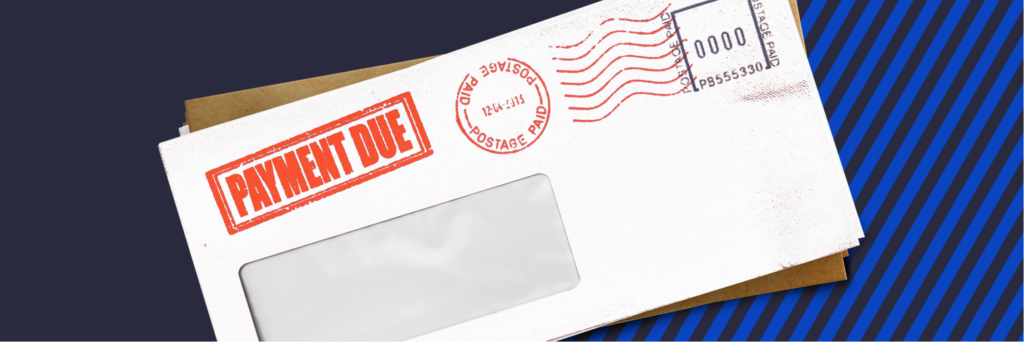Hard times bring out the best in us, or at least that’s what we like to remember when we’re struggling with the bewildering changes that COVID-19 has brought to the world. Unfortunately, hard times can bring out the worst in some people as well, as the pandemic has also brought a surge of scams and fraud with it.
Phishing Scams
Phishing is a kind of email or text message scam where attackers disguise their messages to look like a trusted source, like your bank or the IRS. Often phishing emails will have attachments that contain viruses that will steal your personal information, but sometimes the emails or texts will send you to fake, lookalike sites that ask you to log in to your account. After you log in, they’ll steal any information they can, or use your financial information to commit fraud.
Attackers have adapted their phishing emails to prey on our concerns about COVID, like creating imposter emails from the CDC that contain links or attachments with medical advice. In an attempt to exploit the millions of Americans working from home, there have also been a surge of emails pretending to be from your workplace that will ask you to verify your identity to receive new, work-from-home policies.
How to protect yourself: Be on the lookout for spelling errors or things that seem off. Attackers will often disguise their phishing emails by having it come from a close (but not quite right) version of the brand you’re familiar with. If you get an email from [email protected] and not [email protected], you can be certain it’s a fake.
Medical Supplies and Miracle Cures
With the scarcity of N95 masks and other critical medical supplies, attackers have shifted their focus to COVID-19. There have even been a number of scams involving false “miracle cures” for the virus, all of which are designed to prey on our fear.
Often these ads or emails will direct you to wildly overpriced or knock off versions of the products you’re looking for. While there was a supply shortage of these materials during the initial outbreak, many of these items are becoming available again, so make sure you double check reputable sites to see if what you’re looking for is in stock before you buy from a sketchy site.
How to protect yourself: If you’re looking at an email that’s claiming to have a miracle cure for COVID-19, don’t you think you would’ve heard about it by now from a trusted source? In times like this, it’s more important than ever to make sure you’re looking at your emails and texts with a critical eye.
Unemployment Benefits Scams
With the millions of unemployed in the U.S. because of COVID-19, the FTC has reported a wave of scammers using stolen identities to file for unemployment benefits. If you get benefits you never applied for, or receive emails or documentation on an unemployment claim that you never made, someone might be using your stolen identity to try to receive benefits.
If you get any indication that someone might be using your identity to apply for unemployment benefits, contact your employer and state unemployment office right away. After that, follow the steps in this guide from the FTC.
How to protect yourself: Credit reports are now free every week. If you’re worried that you’ve been the victim of identity theft or a COVID-19 scam, one of the first steps to take is to ensure no one is fraudulently using your identity to take out a loan or credit card, which you can view on your credit report. Visit identitytheft.gov to learn more about how to protect yourself.
The information provided on this website does not, and is not intended to, constitute legal, financial, or tax advice; instead, all information, content, and materials available on this site are for general informational purposes only. Information on this website may not constitute the most up-to-date legal, financial, tax or other information. This website contains links to other third-party websites. Such links are only for the convenience of the reader, user or browser; Avant does not recommend or endorse the contents of the third-party sites.




